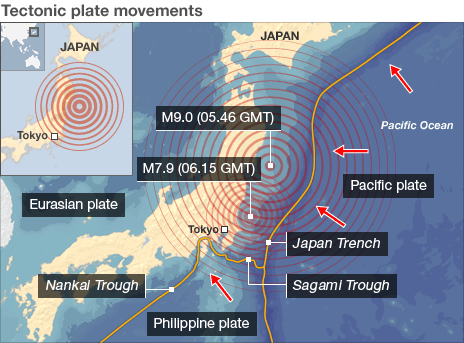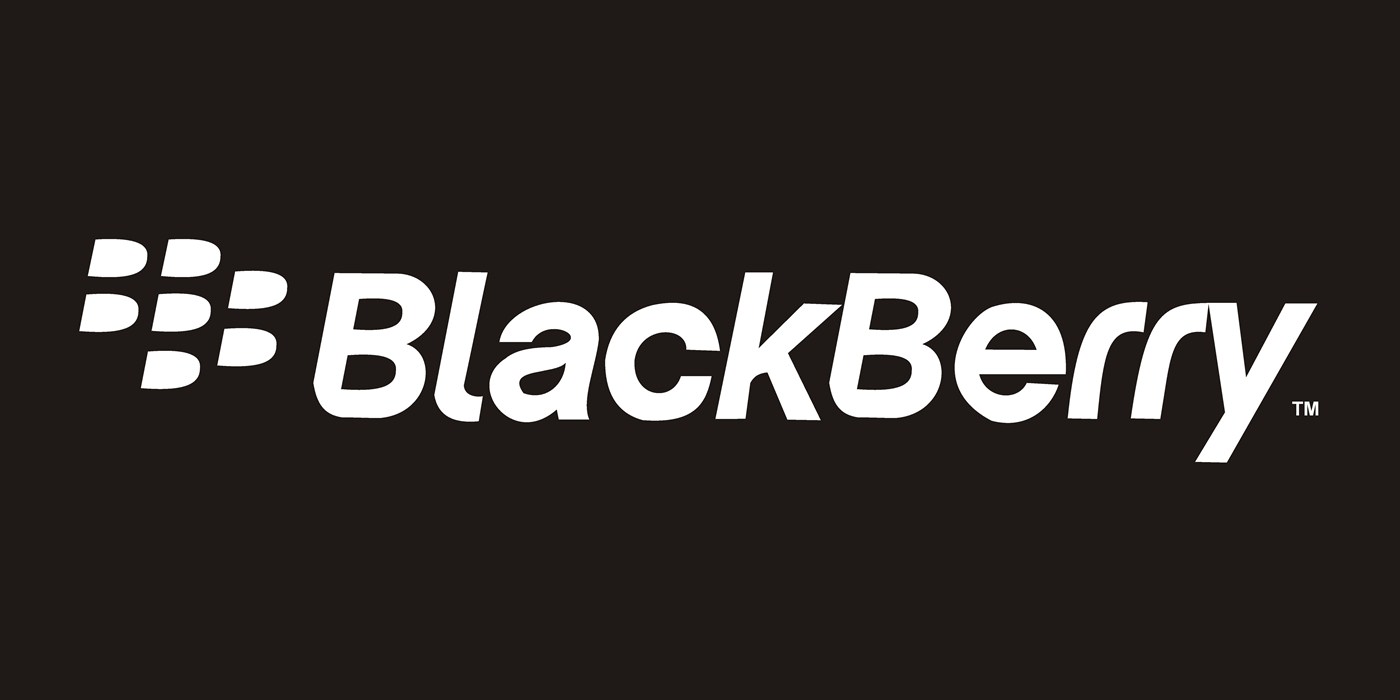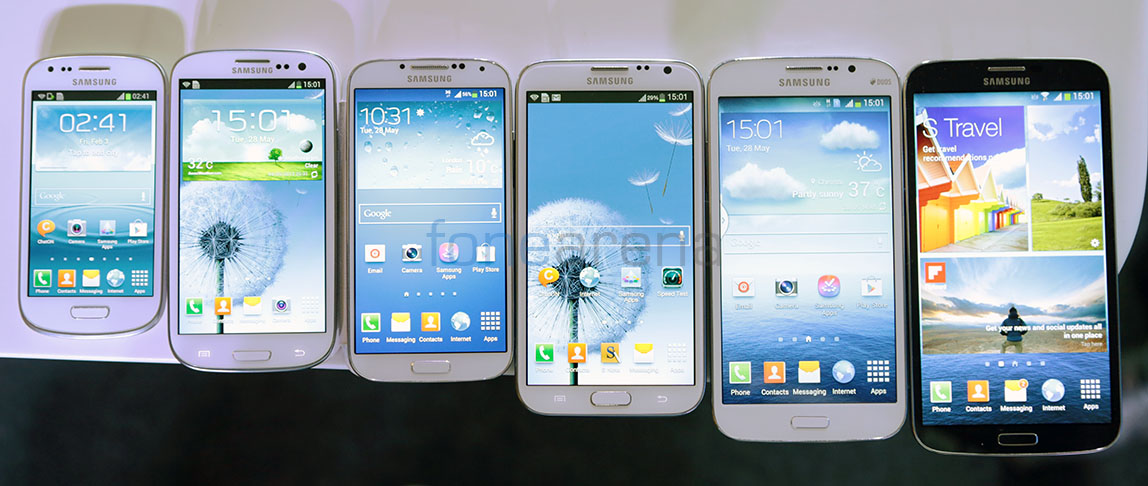While I was on Google searching for potential future television shows that Netflix might implement an interesting blog post from Macleans popped up. This blog was both relevant to what I was searching for and tied in nicely with the Netflix group activity we did in class.
Coincidentally, this article actually solved the Netflix team activity where we had to pitch which route would be the best approach for the company to investors. The method they used was definitely creative and convincing. Instead of a more normal approach to find out which T.V shows customers like, they used information from torrent websites. This will definitely be beneficial because people want the “best” possible and they want it “free”. Therefore the most popular television shows will be the most torrent-ed because people will not pay the expensive price that cable charges while they get just get every show for free. Tackling their thought process, implementing the most torrent-ed shows can potentially get “pirates” to subscribe to Netflix. They can essentially get all the shows they want with only one cheap subscription terminating the possible crimes of illegally downloading content. I will definitely be keeping a close eye in the upcoming months to see what this company has to offer.










